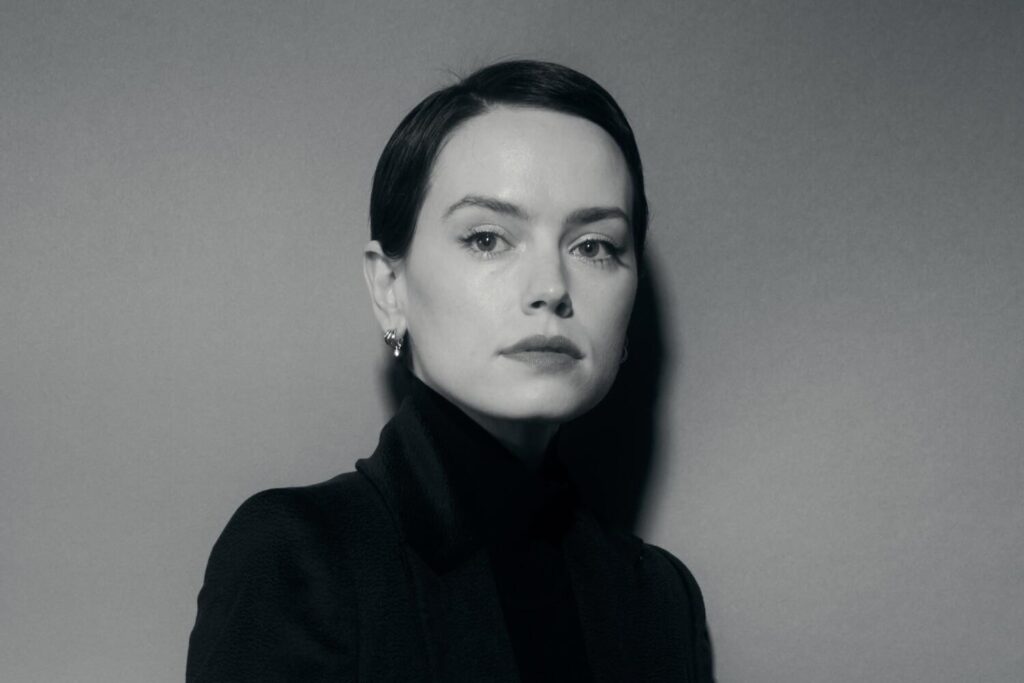Daisy Ridley was battling more than waves when she filmed “Young Woman and the Sea,” revealing Monday that she has Graves’ disease.
“It’s the first I’ve shared that [Graves’],” the “Star Wars” actor told Women’s Health in an interview published Tuesday. Graves’ disease is an autoimmune disorder in which the thyroid becomes overactive.
The actor has been open about her health struggles over the years, sharing in a 2016 Instagram post that she was diagnosed with endometriosis at 15, according to Teen Vogue. The condition occurs “when tissue similar to the lining of the uterus (womb) grows outside of the uterus,” according to the Office on Women’s Health. She also has been diagnosed with polycystic ovary syndrome, which the Office on Women’s Health says causes “a hormonal imbalance and metabolism problems that may affect overall health and appearance.”
Ridley was diagnosed with Graves’ in September 2023, she told Women’s Health. She said she started feeling awful after filming “Magpie,” in which she plays a disgruntled wife. She thought the role had something to do with why she felt crummy. Her symptoms included weight loss, fatigue, tremors, a rapid heart rate — and irritability.
“It was funny, I was like, ‘Oh, I just thought I was annoyed at the world,’ but turns out everything is functioning so quickly, you can’t chill out,” the 32-year-old Jedi said.
Ridley is both an executive producer and the lead actor in the film about Gertrude “Trudy” Ederle, the first woman to swim the English Channel, two jobs for which you also cannot “chill out” while doing them. Even while pushing herself to do the most during the swim scenes in “Young Woman and the Sea,” her diagnosis kept her more mindful of her diet and lifestyle and paying attention to her body. She’s already vegan and is “cutting down on gluten.” She said it just didn’t register how bad she had been feeling before her diagnosis.
“We all read the stats about women being undiagnosed or underdiagnosed and sort of coming to terms with saying, ‘I really, actually don’t feel good’ and not going, ‘I’m fine, I’m fine, I’m fine, I’m fine.’ It’s just normalized to not feel good,” she says.
She added: “I’ve always been health-conscious and now I’m trying to be more well-being conscious.”

